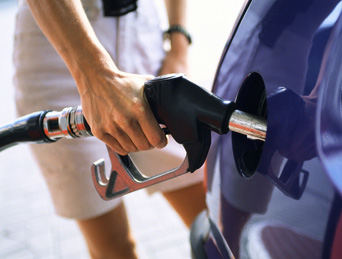Avoid High Speeds
As your speed increases, your aerodynamic drag increases in an exponential fashion. Hence, Don’t Drive aggressively / Drive at the Speed Limit: Avoid aggressive driving and aggressive starts. All vehicles lose fuel economy at speeds above 55 mph. Driving 65 instead of 75 mph reduces fuel cost 13%. Driving 55 would save 25%.
Choose the right fuel
What can help is buying your fuel from a reputable retailer to ensure you’re getting the best quality product for your money. Shop around and if you find that a certain brand of fuel gives you better economy and value for money, stick with it. Such fuels often contain more advanced detergents, which will keep your car engine clean and this will give you more efficiency.
Drive or Purchase a Fuel-Efficient Vehicle
Drive your most fuel-efficient vehicle whenever possible. When purchasing, consider the most fuel efficient vehicle and save up to 50%. What we would say is that it always pays to choose your car wisely. Think about what you’ll use it for, where you’ll drive it and how many miles you’ll do. Then choose a car that does the job but doesn’t have size, performance or features that you’ll hardly ever use.
Use Air-Conditioner Sparingly
When the air conditioner is on it puts extra load on the engine forcing more fuel to be used (by about 20%). The defrost position on most vehicles also uses the air conditioner. Switching off the car air conditioner while climbing a hill or a flyover reduces that much load on the engine and thereby also improving the car fuel economy. Check your manual to know the specifics of your model. Having air conditioner on without being aware may be costing you dearly.









